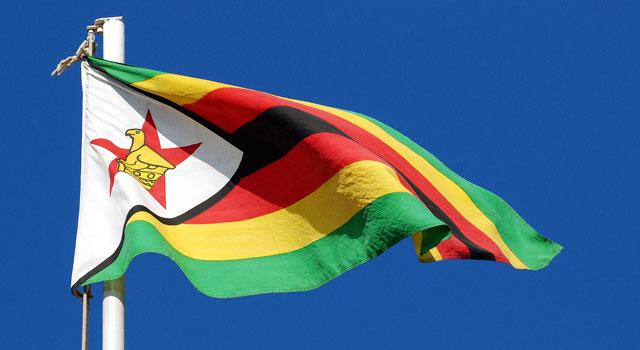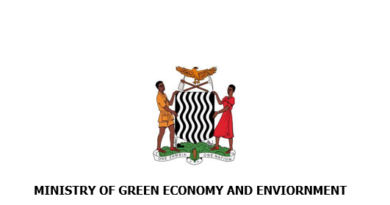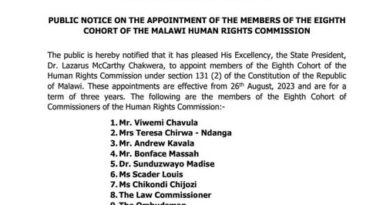Zimbabwe’s Debt Reaches Over US$21 Billion, Raising Economic Concerns
Zimbabwe’s public debt has spiraled beyond US$21 billion, sparking concerns from key opposition figures and economic experts. During a parliamentary debate on the 2024 Mid-term Budget and Economic Review, Citizen Coalition for Change (CCC) Mbizo Member of Parliament, Corban Madzivanyika, expressed concerns over the country’s rising debt burden, which he said threatens Zimbabwe’s economic future and its Vision 2030 aspirations.
Madzivanyika noted a dramatic increase in the national debt from US$17 billion in December 2023 to over US$21 billion within a year. “It is clear that the debt question has gone out of hand for Zimbabwe. In just one year, our debt has ballooned by more than US$3 billion,” he remarked.
The MP also raised concerns about the valuation of key investments, questioning the government’s US$1.9 billion recapitalization of the Mutapa Investment Fund and its US$1.6 billion purchase of a 35% stake in Kuvimba Mining.
Madzivanyika suggested that if 35% of Kuvimba Mining is valued at US$1.6 billion, it would imply a company worth US$4.6 billion—a figure he called “questionable.” Kuvimba Mining owns subsidiaries like Sandawana Mine, Freda Rebecca, Jena Mines, Zim Alloys, and Shamva Gold Mine, among others.
“Can you honestly tell me that those companies are worth US$4.6 billion?” Madzivanyika asked, calling for more transparency in evaluating such high-stakes deals.
The MP further criticized the government’s focus on large-scale infrastructure projects, which he believes have little immediate impact on the struggling economy. Madzivanyika pointed to the Batoka Energy Hydroelectric power plant as an investment that could provide more tangible benefits, particularly in addressing the country’s ongoing electricity shortages.
He emphasized the negative consequences of mounting debt on social spending, highlighting that funds meant for crucial programs like drought relief and street children protection are now diverted to debt repayments. “The problem with debt is that it eats into our recurrent expenditure,” he added.
Madzivanyika concluded by urging the government to adopt a more cautious approach to borrowing, stressing the need for parliamentary approval before incurring further debt or issuing financial guarantees. “We need to be more prudent. No more borrowing without parliament’s oversight,” he said.
As Zimbabwe’s debt continues to escalate, calls for greater financial transparency and accountability are growing, with fears that the country’s economic recovery could be at risk without decisive action.
Source – NewZimbabwe



